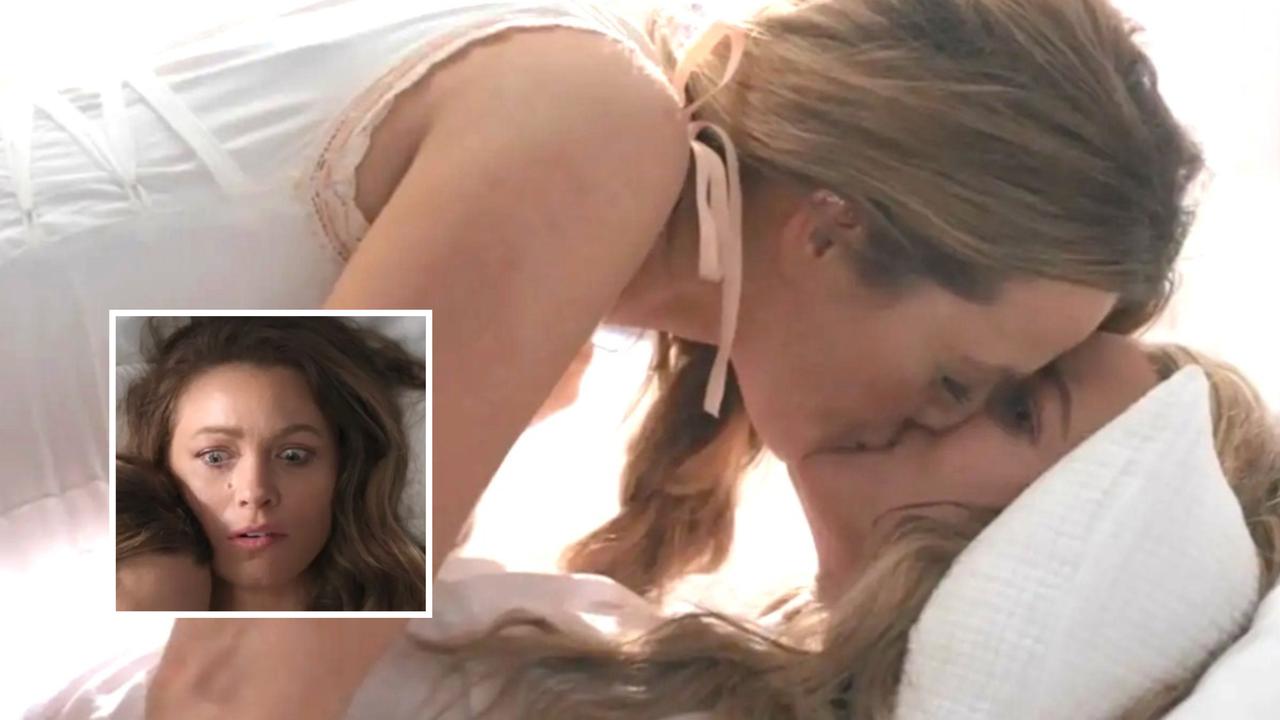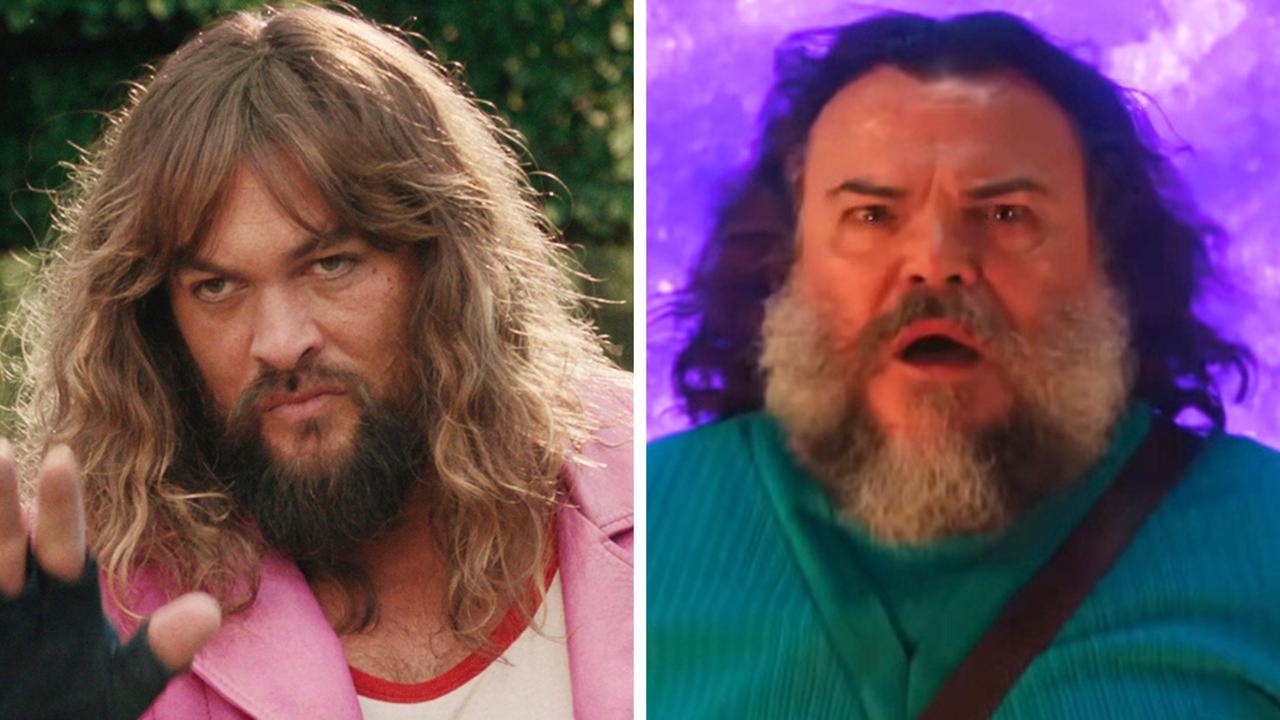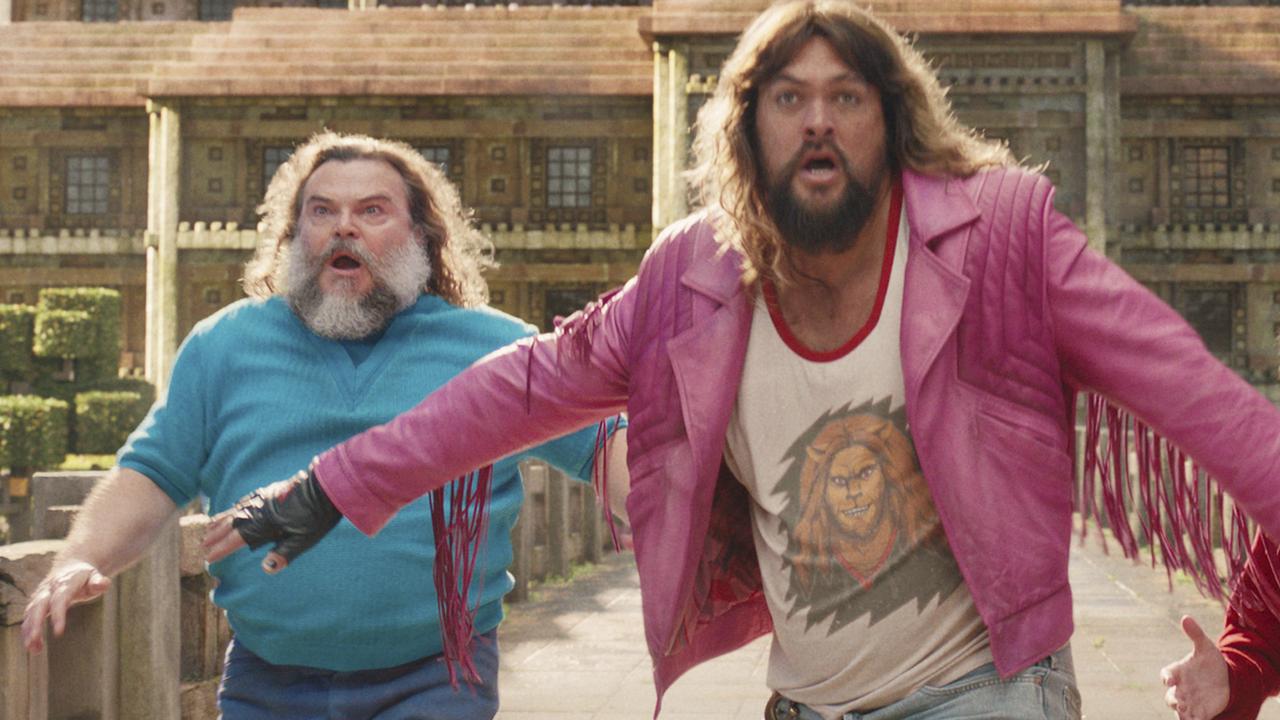The Lighthouse is a challenging, disturbing work of cinematic art
It’s definitely not going to be for everyone. But if you sign up for this new movie, you’re in for a challenging albeit deeply disturbing experience.
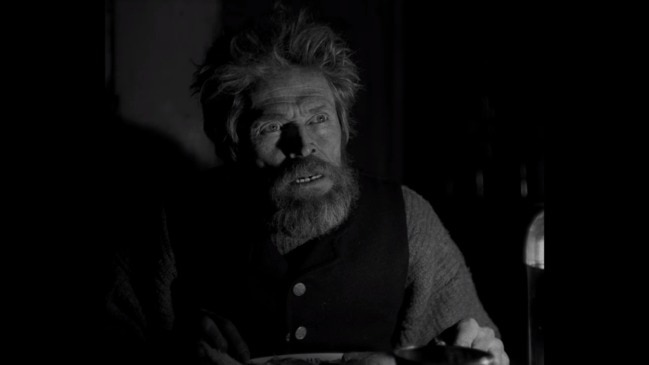
Deeply disturbing. Grotesque. Stomach-churning.
They’re not words you want to hear if you’re looking for a light and breezy movie to while away a Sunday afternoon.
The Lighthouse is definitely not a crowd-pleaser. It’s about three continents away from being a crowd-pleaser. It’s not a horror movie in the traditional sense, but it is horrifying.
From Robert Eggers, the filmmaker behind buzzy horror hit, The Witch (2015), The Lighthouse is a challenging, intense and violent film that could induce nausea if you’re a delicate sort.
It’s also striking, bold and visually arresting, which is a very attractive package to the kind of moviegoer looking for something different from your usual Hollywood fare, and sometimes that something is revulsion.
But just because something has the capacity to repulse you – and there are images in this film that burns into your eyes, make you squirm and sink a little lower in your seat – doesn’t mean it’s a bad movie. In fact, The Lighthouse is an impressive work of cinematic art, one that unapologetically commits to its maverick vibe.
It’s just not going to be for everyone in the same way that confronting films such as Gaspar Noe’s Climax or David Lynch’s Eraserhead aren’t for everyone.
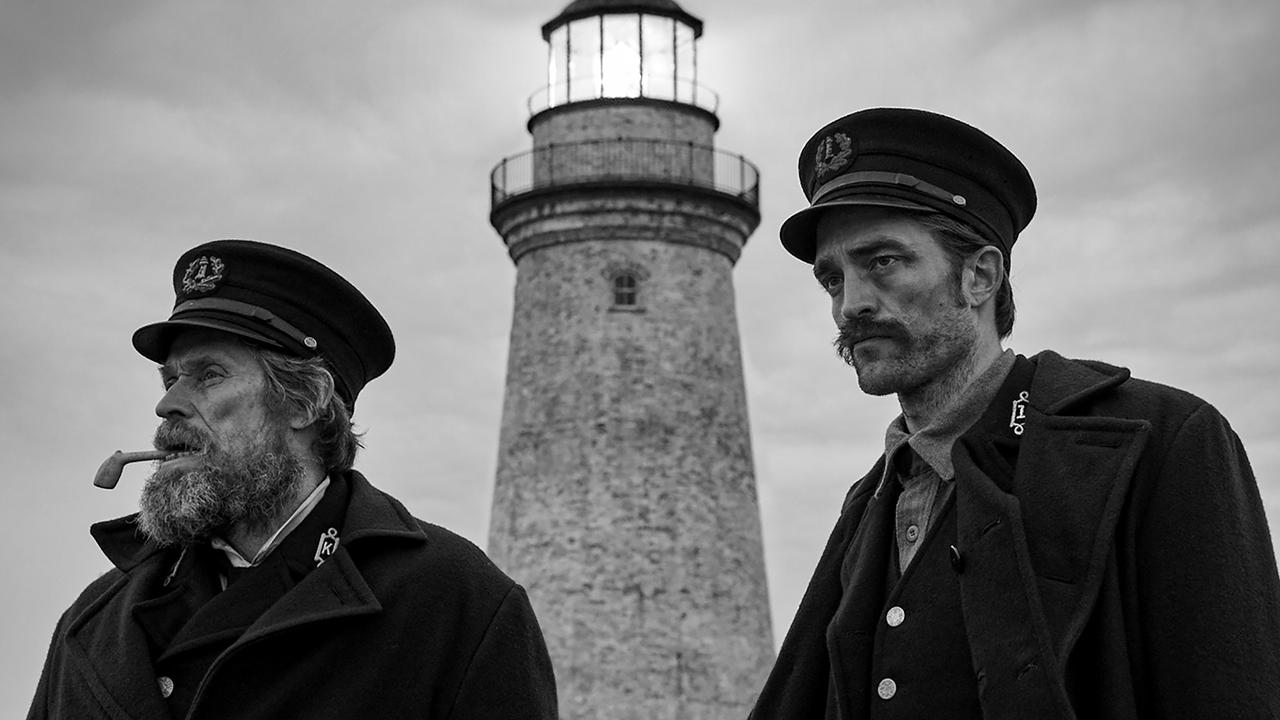
Starring Willem Dafoe and Robert Pattinson, The Lighthouse is set in the 19th century, on a remote island in the Atlantic, off the coast of New England. Ephraim Winslow (Pattinson) is dropped by a tender for a four-week stint as an assistant to the gruff lighthouse keeper Thomas Wake (Willem Dafoe).
The lighthouse towers over the rocky outcrop with its punishing winds, unforgiving landscape and perilous drops into the tumultuous water below. Connected to the structure is a modest dwelling where the two men live and sleep in close quarters.
Ephraim is a taciturn sort, not giving much back to Wake’s maritime tales.
On his first day, Winslow finds a carved mermaid figurine stuffed into the mattress on his bed – then Wake tells him his predecessor died after going mad, spouting stuff about sirens and otherworldly things. He is immediately haunted by visions (or dreams) of mermaids and floating logs.
After Ephraim commits an act said to be superstitiously a bad omen, the island is cut off by a ferocious storm.
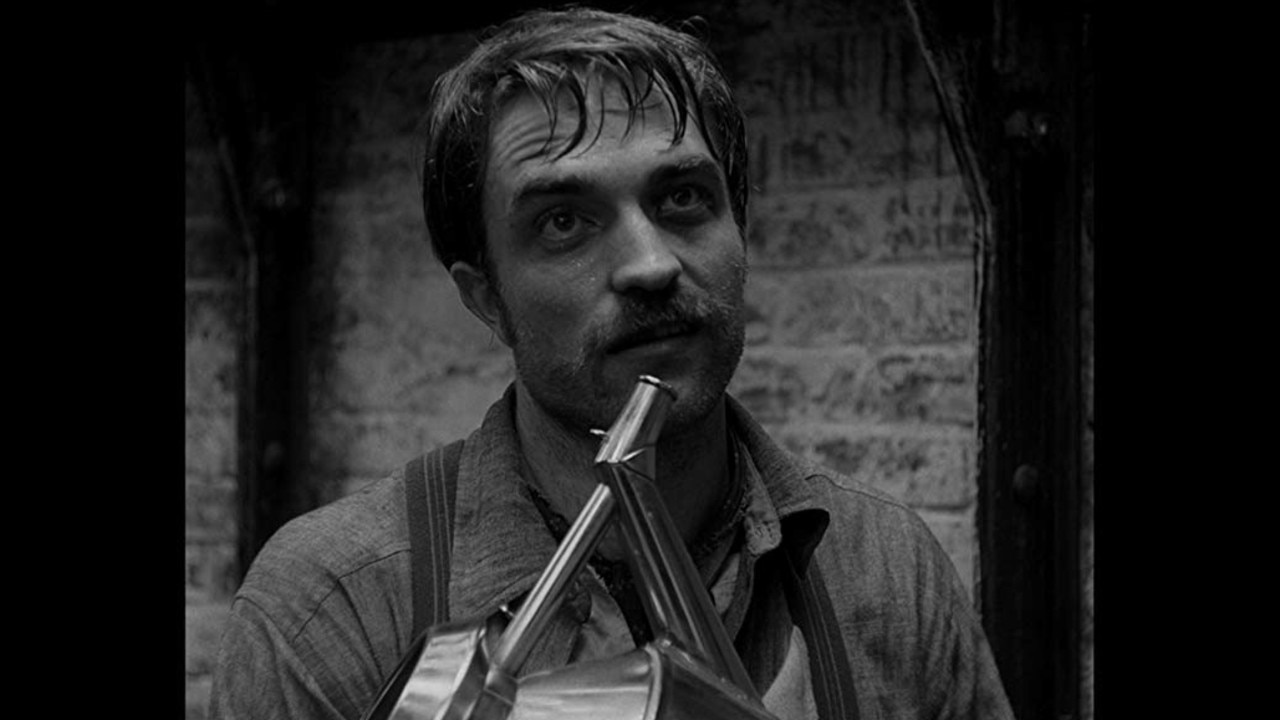
Fuelled by paranoia, isolation and copious amounts of alcohol, Ephraim and Wake form a bond of sorts – sometimes it’s jovial as all-night drinking sessions turn into mad dances, while other times it’s hard to keep track of who is gaslighting who with menacing accusations of ill treatment.
Slowly, or maybe quickly, because time is a construct that Eggers is loose with, they descend into madness.
Filmed in an old-fashioned 1.19:1 aspect ratio, the almost-square framing and black-and-white photography gives The Lighthouse a sense that it’s very much not our time – whether that it belongs to a previous era or something else altogether is open to interpretation.
The stunning photography from Jarin Blaschke is stark and glaring – without a whiff of the nostalgia and warmth Alfonso Cuaron created with his black-and-white photography in Roma. There are hints of classic Hitchcock (a vertiginous staircase likely a homage), or even Battleship Potemkin. You half expect to see Death playing a game of chess somewhere around the corner.
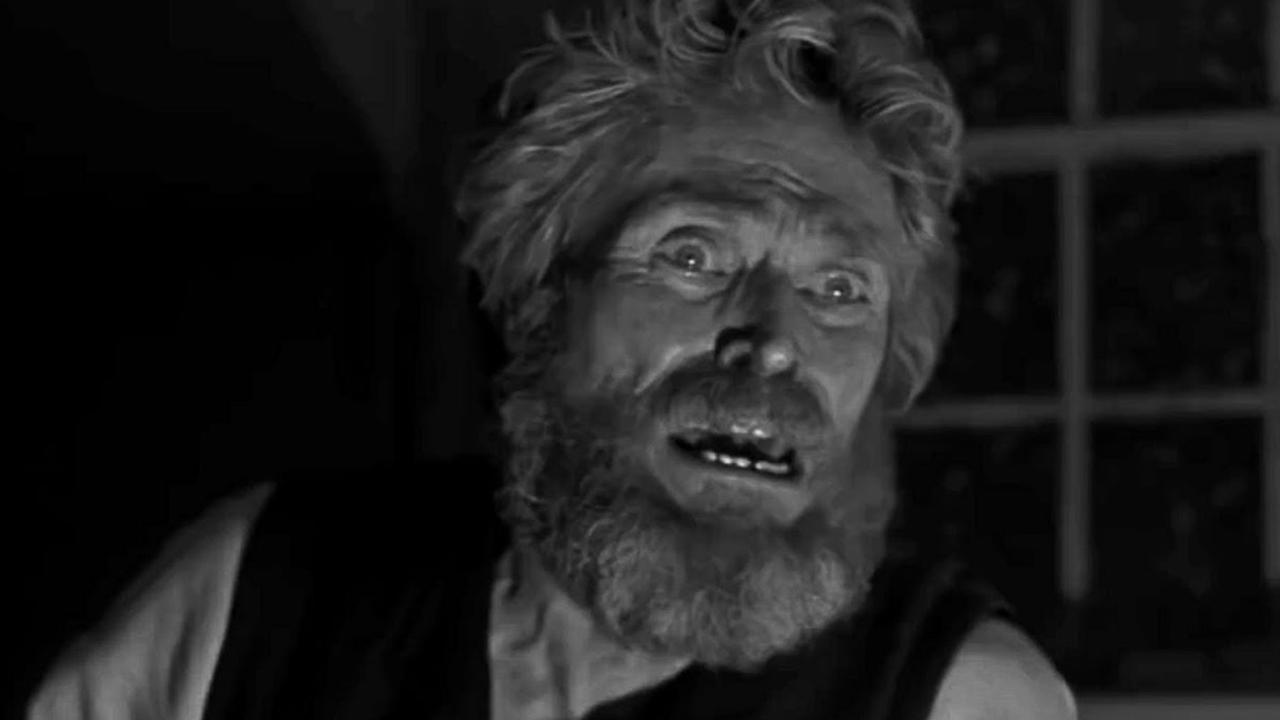
It’s all designed to put you at ill-ease. The discordant score, resembling a blaring horn, coupled with diegetic sounds of gears grinding and screeching seagulls, add to that constant feeling of anxiety. The final scene is particularly gruesome.
But there are also moments of levity, a dark comedic streak laced throughout to occasionally, mercifully, lighten the tension.
Pattinson and Dafoe’s performances are extraordinary to watch, and their antagonistic chemistry is working on an elevated level. Scenes of the two men interacting often feels like it could be an intense theatre exchange, but rather than feel stagey, it works.
Eggers, who co-wrote the screenplay with brother Max, put Pattinson through the physical and emotional wringer – and it’s all on the screen for us to see. It’s a truly hypnotic performance.
The Eggers borrowed a lot of the dialogue, especially Dafoe’s lines, from Herman Melville, lighthouse keepers’ journals and contemporaneous writer Sarah Orne Jewett, and it’s a manner of speech and cadence that takes about 10 minutes to bed in, but once it’s bedded in, it sings.
The Lighthouse may be challenging, it may even be off-putting, but it’s gutsy, accomplished and the kind of movie that sears into your memory.
Rating: 4/5
The Lighthouse is in cinemas from Thursday, February 6
Share your movies and TV obsessions | @wenleima


